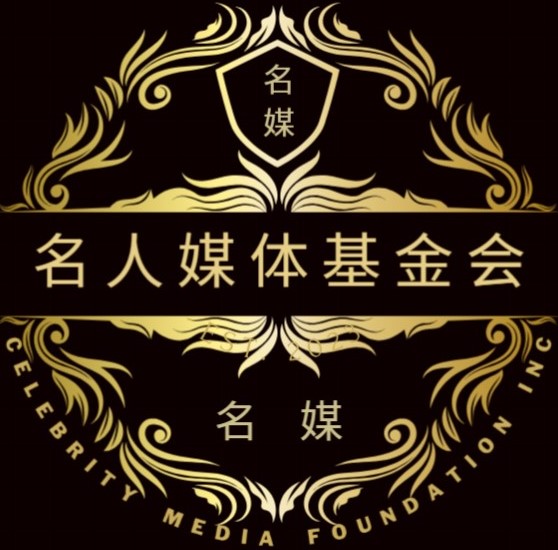


Csaba Kőrösi(匈牙利)说,在大会第 77 届会议开始之际,“一个地缘政治分歧不断扩大和长期不确定的世界”面临着挑战。尽管更易于控制,但 COVID-19 大流行继续在全球范围内造成严重破坏,严重的粮食不安全、能源价格飙升和全球供应链中断意味着那些已经缺乏食物的人的食物更少。此外,冲突正在引发二战以来未见的人道主义动荡。
“乌克兰的冲突对我们所有人来说都是一个转折点,”他强调,并补充说,除非国际社会保持警惕,否则世界各地可能会更频繁地再次出现战争。在这种背景下,会员国必须维护和保护《联合国宪章》的价值观和原则。他强调说:“不能挑剔,”他敦促对冲突和危机采取预防性方法,并呼吁结束乌克兰的战争,这场战争正在扼杀人民、发展、自然和数百万人的梦想。
他指出,随着地球变暖和自然资源变得稀缺,冲突将会增加。然而,虽然看起来大自然母亲正在反击,但她的武器很少有像人类创造的那样具有破坏性。在过去的 40 年中,使用核武器带来的风险从未像今天这样大。这一不祥的现实要求国际社会围绕裁军问题团结起来,包括小武器和轻武器的扩散阻碍了世界各地的发展和进步。
“实现更好结果的唯一方法是转型,”他说。2030 年可持续发展议程、仙台减少灾害风险框架(2015-2030 年)、气候变化巴黎协定和我们的共同议程都指向正确的方向。“还有待观察的是我们是否会兑现,”他说,并指出大会——作为本组织的主要审议机构——在这方面负有特殊责任。因此,他宣布他将努力利用会员国的才能,打造“通过团结、可持续发展和科学解决方案”,这是他担任主席时的座右铭。
然而,他强调“政府并不垄断好主意”,他敦促与民间社会、学术界和私营部门进行有意义的接触,这将使研究人员和从业人员能够提出植根于事实、经过验证的信息和科学的解决方案。此外,民间社会拥有第一手知识,这对于确定和实施针对具体情况的解决方案至关重要。他还强调了让年轻人参与联合国工作的必要性,以便“当他们坐在这些座位上时,他们可以提出比我们更好的计划和想法”。

Conflicts will increase as the planet warms and natural resources grow scarce, he pointed out. However, while it looks as if Mother Nature is fighting back, few of her weapons are as destructive as those humanity has created. Never in the past 40 years has the risk posed by the use of nuclear weapons been greater than it is today. This ominous reality necessitates that the international community unites around the issue of disarmament, including small arms and light weapons, the proliferation of which obstruct development and progress around the world.
United Nations Secretary-General António Guterres, welcoming the incoming President, said that the three ingredients of the President’s motto are essential as the General Assembly addresses shared challenges and develops solutions for a better, more peaceful future. “The many challenges that defined the seventy-sixth session are still very much with us as we look to the seventy-seventh,” he observed, highlighting a world in peril as the United Nations works to advance peace, human rights and sustainable development amidst conflicts, climate change, a broken global financial system, poverty, inequality and hunger.
Addressing these common challenges will require continued solidarity in demonstrating the great promise and potential of the Organization, as “the United Nations is the home of cooperation — and the General Assembly is the life within that home”. Member States represent the beating heart of global cooperation, and the months ahead will continue testing the strength and durability of the multilateral system.
“The world is looking to you to use all of the tools at your disposal to negotiate and forge consensus and solutions,” he stressed, calling for debate, deliberation and diplomacy — the eternal tools representing the best pathway to a better, more peaceful world. The seventy-seventh session must be “a moment of transformation — for people and planet alike”, he added.
At the outset of the first plenary meeting, the General Assembly observed a minute of silence for prayer or meditation, keeping with the rules of procedure. Following the opening statements, it turned to its agenda, first taking note of the Secretary-General’s letter (document A/77/334) informing the Assembly of Member States in arrears of their financial contributions to the United Nations within the terms of Article 19 of the Organization’s Charter.
[Under Article 19, a United Nations Member in arrears of its financial contributions to the Organization shall have no vote in the General Assembly if the amount equals or exceeds the amount of the contributions due from it for the preceding two full years. The Assembly may, nevertheless, permit such a Member to vote if it is satisfied that the failure to pay is due to conditions beyond the Member’s control.]
The Assembly then appointed Angola, Austria, China, Guyana, Maldives, Russian Federation, United States, Uruguay and Zambia to its Credentials Committee.
In its final order of business, it took note of a letter dated 6 September from the Chair of the Committee on Conferences to the President of the General Assembly (document A/77/329), authorizing the following entities to hold meetings at Headquarters during the main part of its regular session: Committee on Relations with the Host Country; Independent Audit Advisory Committee; Committee on Non-Governmental Organizations; Conference on the Establishment of a Middle East Zone Free of Nuclear Weapons and Other Weapons of Mass Destruction; Executive Board of the United Nations Development Programme, of the United Nations Population Fund and of the United Nations Office for Project Services; Committee on the Exercise of the Inalienable Rights of the Palestinian People; Executive Board of the United Nations Entity for Gender Equality and the Empowerment of Women; and Ad Hoc Working Group of the Whole on the Regular Process.
 名人媒体基金会
名人媒体基金会








